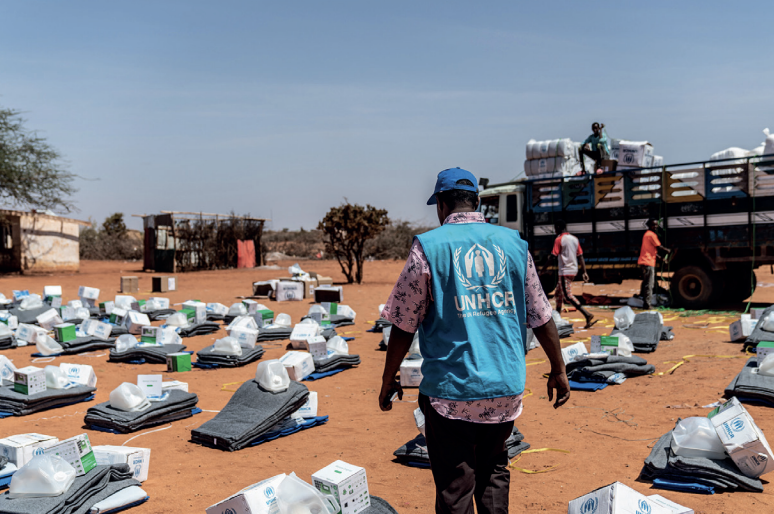The Future of Humanitarian Access
This discussion paper examines the collapse of key humanitarian access capacities in 2025 and outlines the shifts needed to sustain principled operations in increasingly fragmented and politicised conflict environments. It argues for a rebalanced, locally led and internationally enabled approach to access, and offers practical recommendations for donors, UN actors, and frontline organisations.
Islands in the storm: civilian survival deals with the warring parties in Sudan
This paper examines how Sudanese civilians, facing widespread violence from the ongoing conflict between the Sudanese Armed Forces (SAF) and Rapid Support Forces (RSF), have been compelled to negotiate survival strategies with warring factions. This report highlights the shift in Sudan’s power struggle, which has devolved from a national conflict into highly localized battles, particularly in Darfur. In response, local community leaders and power brokers have facilitated fragile truces to provide temporary protections, allow for trade, and secure safe passage for civilians.
Time for change: the normalization of corruption and diversion in the humanitarian sector
Although the aid sector often treats corruption and diversion as an anomaly, they are pervasive, systemic and often unwittingly perpetuated by standard aid sector practices. Drawing primarily on evidence from Somalia and Afghanistan (with reference to other contexts), this paper explores the specific aid practices that enable and perpetuate corruption and diversion, and what donors and implementers should be doing differently.
“Never say never:” learning lessons from Afghanistan reviews
This “review of reviews” looks at how and what Western governments and international organisations have tried to learn from the intervention in Afghanistan.
Resist, negotiate, submit? Civilian agency and jihadism in Central Mali
This paper examines life under jihadist groups like JNIM in Mali, looking at the different survival strategies civilians employ.
Playing the long game: exploring the relationship between Al-Shabab and civilians in areas beyond state control
Based on extensive research in Al-Shabab controlled areas of Somalia, this paper explores dynamics between Al-Shabab and those who live under their control.
Taliban practice and interpretation of IHL and human rights norms
Part of a larger research programme hosted by the Geneva Graduate Institute, this study examines the Taliban insurgency’s practice and attitudes toward IHL rules and human rights norms.
Rethinking armed group control
Prevailing understandings of control – which focus on territorial dividing lines and acts of violence – are incomplete. Our paper argues that armed group control should instead be broken down according to how armed groups seek to influence populations.
MNLA practice and interpretation of IHL and human rights norms
Part of a larger research programme hosted by the Geneva Graduate Institute, this study examines MNLA practice and attitudes toward IHL rules and human rights norms.









